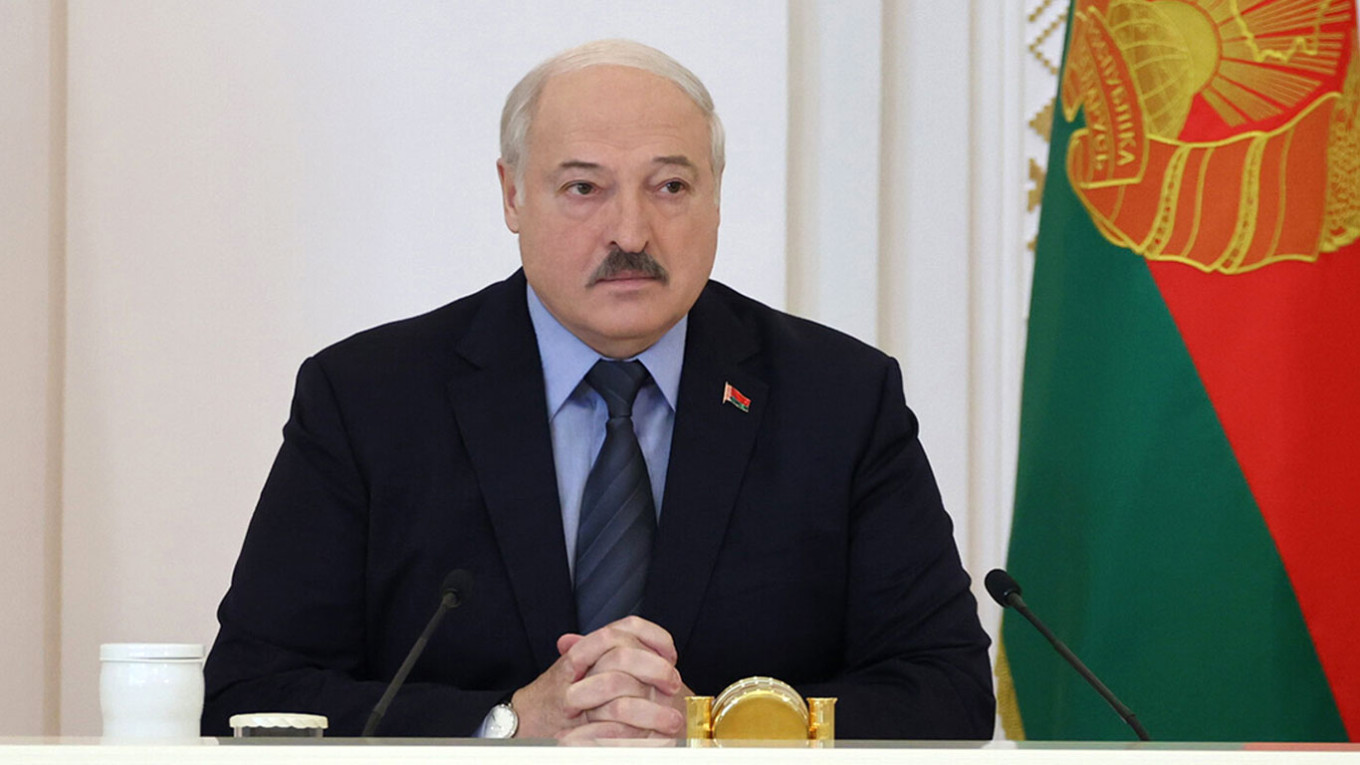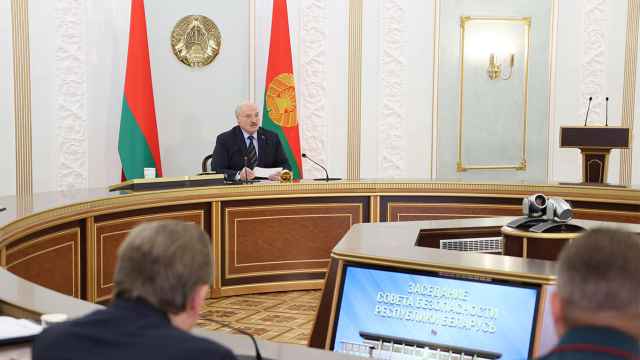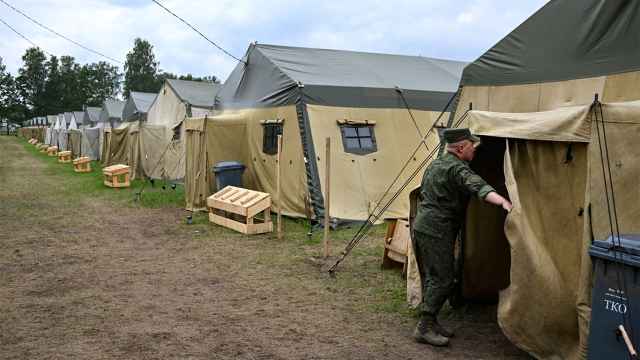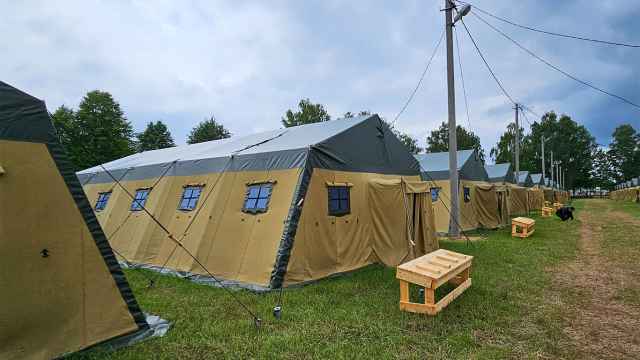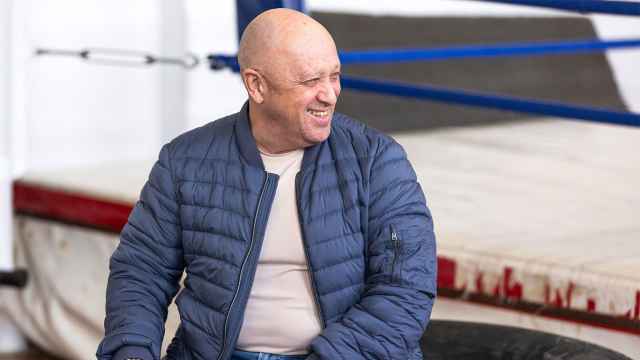Belarusian President Alexander Lukashenko said Tuesday he had issued "combat readiness” orders to his army during an uprising in neighbor and close ally Russia led by Wagner mercenary leader Yevgeny Prigozhin.
"I gave all the orders to bring the army to full combat readiness," Lukashenko said in comments carried by the state news agency Belta.
“I won't hide it, it was painful to watch the events taking place in southern Russia. I’m not the only one. Many of our citizens took [these events] to heart. Because the Fatherland is one,” he added, hinting at ex-Soviet Belarus’ union state with Russia.
“If Russia collapses, we will be left under the rubble, all of us will die,” Lukashenko said at a ceremony awarding Belarusian security service officers.
The long-serving authoritarian leader hinted that his combat readiness order was partially in response to what he characterized as the exiled Belarusian opposition’s calls for an “armed insurgency.”
“Our fugitives have also started kicking up a fuss. Although, there’s been a false start,” said Lukashenko.
Lukashenko was credited with negotiating an end to Wagner's short-lived uprising Saturday.
The Kremlin said Wagner leader Prigozhin will be allowed to leave the country for Belarus and will not be prosecuted as part of the deal.
Prigozhin said late Monday that Lukashenko had offered Wagner the option to “work in a lawful jurisdiction,” while Russian President Vladimir Putin gave Wagner fighters the choice of signing contracts with the army or leaving for Belarus.
Lukashenko said Tuesday that he had urged Putin not to kill Prigozhin during the revolt.
"I said to Putin: we could waste (Prigozhin), no problem. If not on the first try, then on the second. I told him: don't do this," Lukashenko said.
The Russian Defense Ministry said Tuesday that preparations were underway for the transfer of Wagner's heavy military equipment to units of the Russian military.
Lukashenko, who last month oversaw the transfer of Russian nuclear weapons into Belarus, described Wagner’s long-standing tensions with Russia’s army as an issue that got out of control.
"We missed the situation, and then we thought that it would resolve itself, but it did not resolve,” he said.
“There are no heroes in this case.”
AFP contributed reporting.
A Message from The Moscow Times:
Dear readers,
We are facing unprecedented challenges. Russia's Prosecutor General's Office has designated The Moscow Times as an "undesirable" organization, criminalizing our work and putting our staff at risk of prosecution. This follows our earlier unjust labeling as a "foreign agent."
These actions are direct attempts to silence independent journalism in Russia. The authorities claim our work "discredits the decisions of the Russian leadership." We see things differently: we strive to provide accurate, unbiased reporting on Russia.
We, the journalists of The Moscow Times, refuse to be silenced. But to continue our work, we need your help.
Your support, no matter how small, makes a world of difference. If you can, please support us monthly starting from just $2. It's quick to set up, and every contribution makes a significant impact.
By supporting The Moscow Times, you're defending open, independent journalism in the face of repression. Thank you for standing with us.
Remind me later.


